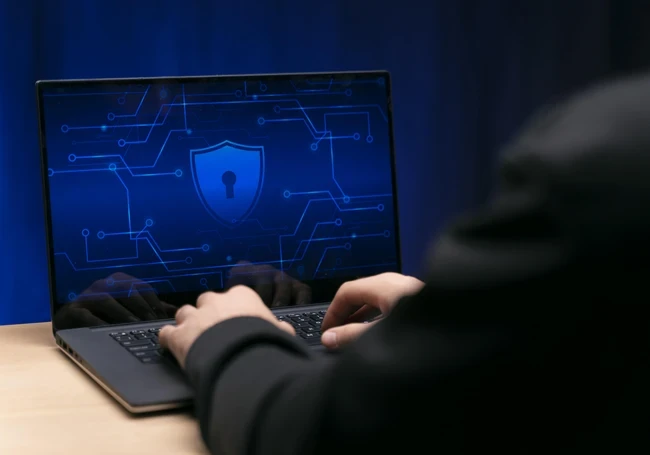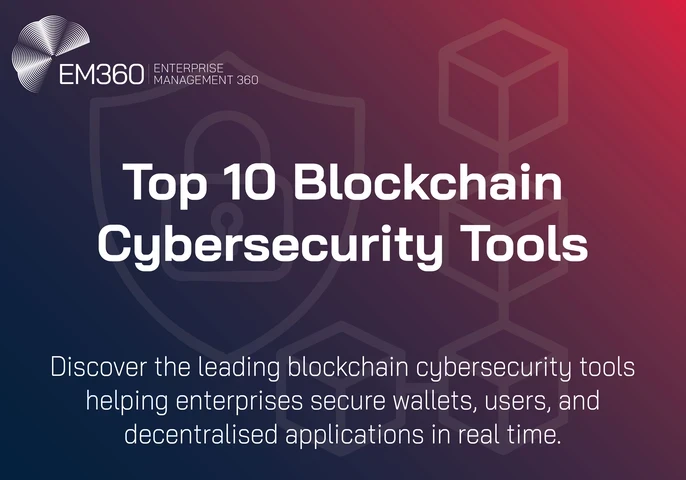Modern field teams are real digital nomads. They meet with clients in coffee shops, edit documents at airports, and check corporate services from hotels. Flexibility and mobility allow agencies and companies to work faster, but there is one huge pitfall: public Wi-Fi.
Every access point is a potential security hole, and a simple connection can compromise corporate data. But the threats are not limited to Wi-Fi only: DDoS attacks and the expansion of the corporate “attack surface" make field teams especially vulnerable. In this article, we'll look at how to protect your team on the go, why VPN coverage is critical, and what additional security measures are worth implementing.

Threats to field teams on the go
Public Wi-Fi
A cafe network can be free, convenient, and extremely dangerous. MITM (Man-in-the-Middle) attacks allow attackers to intercept traffic, including usernames and passwords. Fake access points can disguise themselves as the usual Wi-Fi: an employee connects without suspecting that the attacker already has their data.
DDoS attacks
Field teams often rely on enterprise services and cloud applications. A distributed denial of service (DDoS) attack can temporarily disable these services, blocking access to critical tools. For an employee on the road, this means losing access to documents, CRM, or internal systems, which slows down work and creates a stressful situation.
Enterprise attacker surface
With the expansion of mobility, the company's attack surface is also expanding. Mobile devices, laptops, and third-party applications all increase the likelihood of compromise. Every employee who connects from a cafe or hotel becomes an entry point for a potential attacker.
Examples of incidents show that even a simple forgotten public network can lead to corporate information leakage or malware infection on the device.
The main components of the field teams' protection
To protect employees on the go, companies need to think systematically.
VPN coverage
This is the most significant element. Full VPN coverage implies implementing a secure tunnel that will be used by all employees when they are connected to the Internet, no matter where they can be found: a cafe, airport, hotel or mobile network. VPN secures all the traffic, conceals the IP address as well as secures corporate data against interception.
Simply turning on a VPN on a laptop is not enough. Ideally, a corporate VPN is automatically activated on all devices when connected to any network, ensuring that no traffic is in the clear.
Secure browsers and extensions
Even with a VPN, it is important to use a secure browser, block suspicious scripts, and install extensions that warn about phishing sites.
Two-factor authentication (2FA) and device management
Two-factor authentication adds a second layer of protection, preventing intruders from entering even if the password is compromised. Device management allows the IT department to remotely lock lost or stolen devices.
Access control and monitoring
Centralized access rights management and activity monitoring help to detect suspicious behavior in time. For example, an attempt to connect to a corporate system from an unusual geo-address may be instantly blocked.

Inside Modern Phishing Tactics
How social engineering exploits trusted channels to trigger breaches, and what controls leaders need to harden users as the new security perimeter.
Practical advice
- Setting up a VPN for different scenarios: cafe, hotel, and mobile network.
- Automatic connection when public Wi-Fi is detected.
- Separation of personal and corporate traffic to reduce risks.
Advantages of proper VPN coverage
When VPN coverage is configured correctly, the company gets several advantages at once.
- Traffic protection on public networks: Even if an employee connects to an insecure network, the data remains encrypted.
- Reducing the risk of account compromise: corporate resources remain protected, passwords and tokens are not intercepted.
- Centralized control: The IT department sees which devices are connected and responds quickly if necessary.
- Productivity support: Employees can work anywhere without the risk of job interruption due to attacks.
A VPN is not just a "server connection"; it is a strategic line of defense for a mobile team.
Additional security measures
VPN is important, but without other measures, it will not become a silver bullet.
- Antivirus and endpoint protection: Employees' devices must be protected from malware.
- Regular updates: All applications and systems must be updated to address known vulnerabilities.
- Employee training: a simple rule is not to connect to suspicious networks, check URLs, and not open suspicious files.
- Separation of personal and corporate traffic: this reduces the risk of accidental data leakage.
- Corporate mobile devices: With managed security policies that allow the IT department to remotely lock or delete data.
Inside the New Blockchain Stack
See how MPC custody, SIEM-integrated on-chain monitoring and off-exchange settlement are reshaping enterprise blockchain controls.

How to combine mobility and security
The combination of freedom and protection is possible only with proper organization.
- Creating a corporate security policy for field teams: connection standards, VPN usage, two-factor authentication, and Wi-Fi rules.
- Standardization of tools: all employees use the same applications, VPNs, and antivirus solutions.
- Employee habits: regularly changing passwords, being careful with public networks, and using only trusted apps.
When employee habits and corporate infrastructure match, mobile work stops being vulnerable.
Conclusion
The mobility of field teams is a huge plus for any company. But flexibility and speed of work should not turn into vulnerability.
VPN coverage is a key element that protects employees from public Wi-Fi, DDoS, and an extended attack surface. Combined with secure browsers, two-factor authentication, and corporate security policies, it transforms the mobile team from a potential point of risk into a secure and productive mechanism.
Investments in employee training, device monitoring, and a reliable VPN pay off not only with data security but also with maintaining the company's reputation and job stability. Field teams can remain flexible, productive, and confident that their work is safe wherever they are.







Comments ( 0 )